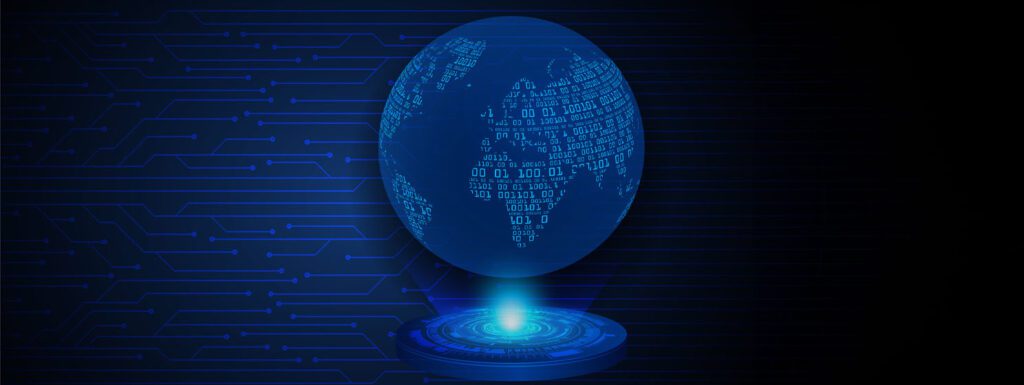The Gambia, a small country in West Africa, is set to launch a blockchain-based digital platform to improve and streamline public service delivery.
The country has partnered on this initiative with the Kalp Foundation, a non-profit organization based in northern India that promotes the adoption of blockchain technology in the public sector. Together, the two will launch Gambia One, a new application built on Kalp’s blockchain infrastructure to digitize critical government services.
Foundation founder Tapan Sangal said the partnership aims to help The Gambia on “its journey towards becoming a future-ready nation, powered by a robust blockchain-driven digital ecosystem”.
“Our partnership with The Gambia marks the start of a series of transformative commitments designed to equip nations with sustainable and inclusive digital public infrastructure.
The Gambia is a small country with a population of less than three million and a gross domestic product (GDP) of $2.4 billion, ranking it among the 20 smallest economies in the world. Structural limitations, such as internet and smartphone penetration, have limited the adoption of digital assets in the region.
However, with Gambia One, residents do not need to be blockchain literate to enjoy the benefits. The normal public services they get from government will move in the background to blockchain, making them faster, safer, and more efficient while remaining accessible. Gambians can also now own their data on the blockchain platform.
“Together, we will harness the power of blockchain-based IPR to deliver innovative, citizen-centric solutions that meet global standards of trust, transparency and accountability. This initiative demonstrates our commitment to building a better and more inclusive future for our nation,” commented Lamin Jabbi, Minister of Communications and Digital Economy.
The Gambia will join its West African counterpart, Nigeria, leading the continent in blockchain adoption. Last year, Nigeria announced that it was in the early stages of building Nigeriarium, a national blockchain network focused on data sovereignty.
These initiatives highlight the difficulty public institutions face in choosing between decentralized public blockchain networks like BSV and private networks. When announcing Nigerium, the Nigerian government cited Ethereum’s transition to Proof of Stake (PoS) as an example in which millions of Nigerians who use the network were not consulted, resulting in a profound impact on their assets and data. As part of its initiative, the Gambian government will build its blockchain application on the Kalp Foundation’s decentralized private network.
It’s not just in Africa; The Estonian government has operated blockchain the longest, but it relies on a custom network it developed called KSI Blockchain. Georgia’s blockchain land registry is run on Exonum, a private blockchain developed by Dutch company DLT Bitfury.
However, public networks remain the only solution. Additionally, the BSV blockchain has resolved many of the previously cited obstacles against public blockchains. For example, its Overlay networks provide privacy similar to a private network while leveraging the decentralized network for security.
East Africa uses blockchain to clean up the environment
On the coasts of East Africa, blockchain is becoming a central part of environmental cleanup efforts, with residents incentivized by digital tokens to participate in cleanup initiatives.
On the Kenyan coast, local startup Aquapurge is leading efforts to clean up the Indian Ocean, which is the region’s main source of income, both from attracting tourists and attracting business ports or fishing. Aquapurge rewards residents who participate in cleanups with digital assets, which they can sell for cash or use to make payments at participating stores.
According to a report, the startup’s activities led to the collection of 5.4 tonnes of waste by the end of 2023.
In neighboring Tanzania, another startup is leading the cleaning of local rivers in Dar es Salaam, the largest city. Unlike its Kenyan counterpart, Chatafisha does not rely on tokens; rather, it works with residents to collect plastic waste from rivers, recycle it, and then pay them with the revenue generated. The startup uses blockchain to track waste collection and recycling processes.
Watch: Is your business ready to ride the blockchain adoption wave?
title=”YouTube Video Player” frameborder=”0″ allow=”accelerometer; autoplay; write to clipboard; encrypted media; gyroscope; picture-in-picture; web sharing” referrerpolicy=”strict-origin-when- cross-origin”allowfullscreen=””>




